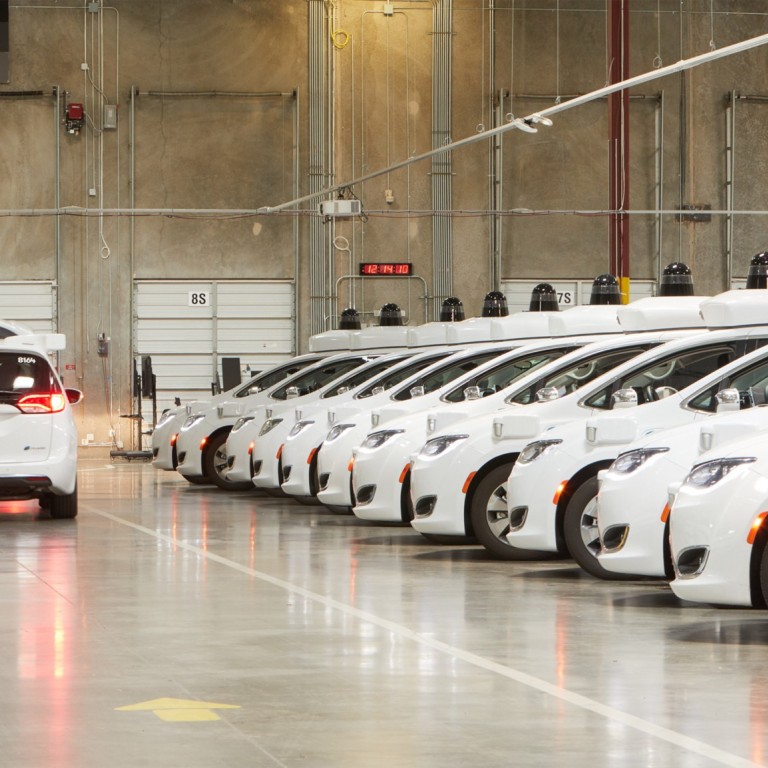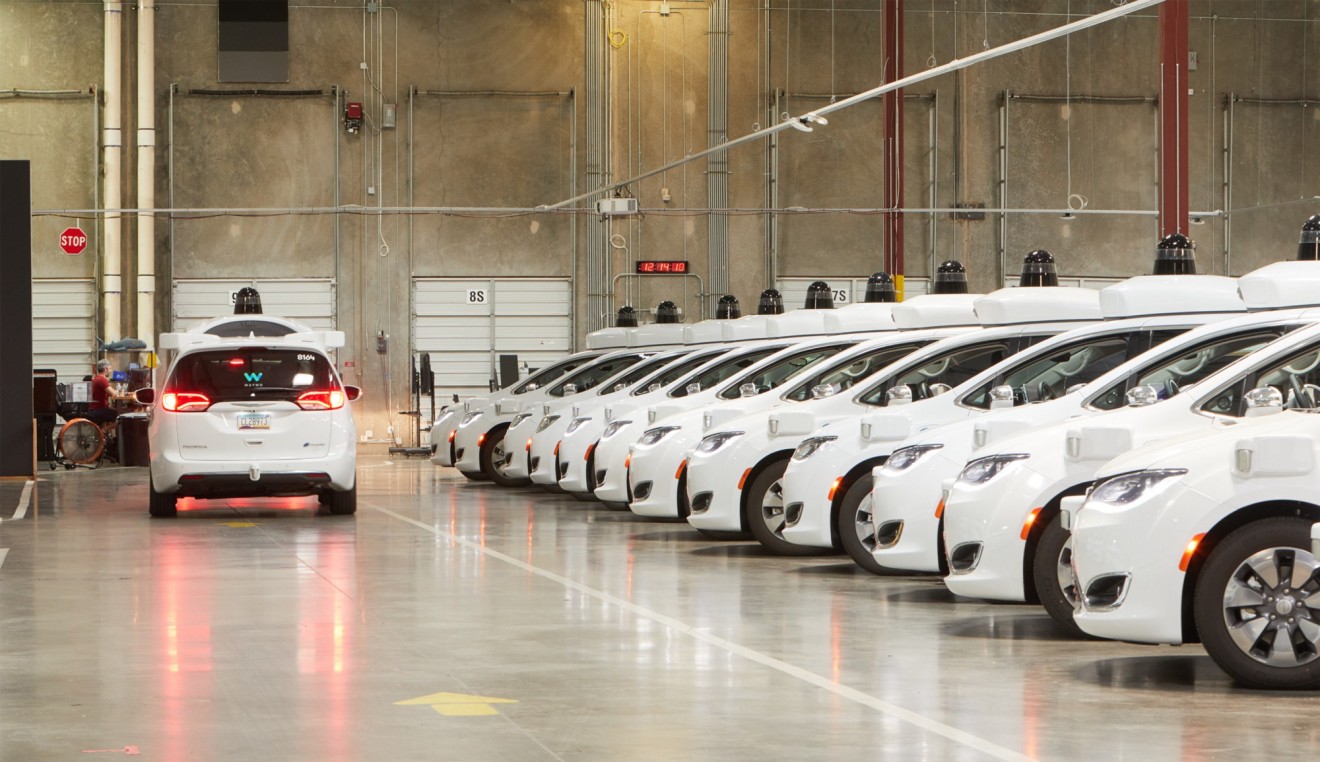
Waymo enters China as nation accelerates self-driving car push
Why might Google’s sister company want to test cars in China?
A Google spinoff is driving into China.

Still, there are reasons why it might want to bring its tech to China.
Baidu defends driverless cars after fatal Uber crash
Perceptions among ordinary people also vary between the countries.
Then there’s the money.
Why is it so hard to make a truly self-driving car?
At home, Waymo could soon find out whether its technology is good enough for the real world. It’s now readying its first commercial autonomous taxis for launch later this year in Phoenix. But even if it goes well, scaling the service to other cities or countries could present a whole new set of challenges.
Take the example of Pony.ai. When the Chinese startup moved its headquarters from Silicon Valley to China’s Guangdong province, it had to deal with very different road conditions.
But technological challenges are unlikely to stop Waymo -- or its sister company -- from wanting a piece of China’s lucrative market. Just this month, it was revealed that Google, which pulled its search engine from China in 2010, has been working to launch a censored search app exclusive to the country.
Seven times US companies gave in to pressure from China
For more insights into China tech, sign up for our tech newsletters, subscribe to our Inside China Tech podcast, and download the comprehensive 2019 China Internet Report. Also roam China Tech City, an award-winning interactive digital map at our sister site Abacus.
For more insights into China tech, sign up for our tech newsletters, subscribe to our Inside China Tech podcast, and download the comprehensive 2019 China Internet Report. Also roam China Tech City, an award-winning interactive digital map at our sister site Abacus.

